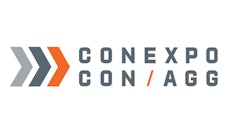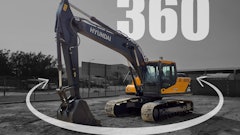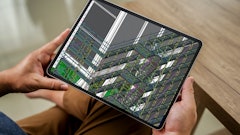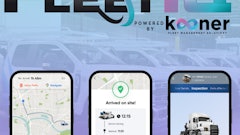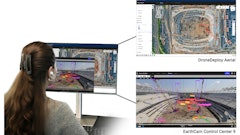There are so many construction apps competing for your attention these days it’s easy to get overwhelmed. And when that happens, your brain just might shut down to block out all the noise. That’s understandable. But if you’re in the market for construction equipment, there’s one app you simply must pay attention to—the application in which your new machine will be working.
What’s at stake?
If you buy new equipment without a thorough assessment of your application, you may end up with the wrong machine for the job. And whether it’s too big or too small, undersized or underutilized, the outcome will be the same: costs will go up and profit down. The key, of course, is matching the machine to the application—selecting the model that best meets your requirements for performance, life, uptime, fuel economy and operating costs. But that can get complicated.
Weigh the options
You may think you know which machine you need. But sometimes manufacturers offer multiple options, each with a similar model number. For example, you can get a new Cat 313FL GC excavator with a 70-hp engine. The standard 313FL delivers 92 hp. The two excavators have other differences beyond the engines, yet they’re alike in many ways. Each configuration has been designed to excel in specific set of applications. So how do you know what your app requires?
Ask the experts
Your best bet is to get an expert involved. Someone who has experience selecting equipment, deploying technology and setting up jobsites to optimize efficiency. Someone who understands the work you do, the goals you’ve set, the obstacles you face, the opportunities you might be missing. As you assess your application together, be prepared to answer questions like these:
- Where will you work? Wide-open spaces, congested areas, city streets, country highways, suburban backyards?
- What kinds of jobs will your machine do most often? Everyday material handling, high-production truck loading, hopper loading, stockpiling, load and carry, site cleanup?
- What are ground conditions like? Smooth or rocky, soft or firm, wet or dry, level or sloped?
- Describe the material you’ll move. Tightly or loosely packed, well-fragmented or poorly shot, light, heavy, hard, soft, smooth, abrasive?
- How skilled are your people? Experienced and well-trained or still climbing the learning curve?
- What’s your company’s take on technology? Barely interested, ready to try or well on your way?
And that’s just the beginning. A real professional will also ask:
- What are your production goals?
- Will the new machine work primarily alone or with other units?
- What’s your budget look like?
- Do you have cash flow challenges or long-term capital requirements?
- Is there an underutilized machine—already in your fleet—that could do this job?
- Would a rental or used model make more sense?
- Do you expect to service the product yourself?
- How long do you plan to own it?
These are just some of the factors to consider before you buy. So if you’re planning an equipment investment, work with an expert to analyze your app. It’s the best way to end up with a product that’s sized right, priced right and equipped to meet your specific needs.





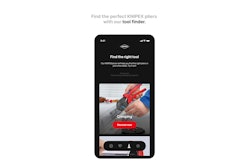
![[Video] Volvo Dig Assist for Crawler Excavators](https://img.forconstructionpros.com/files/base/acbm/fcp/image/2017/03/default.58c7077328b3b.png?auto=format%2Ccompress&fit=crop&h=167&q=70&w=250)
![[VIDEO] Why Voice Notes are a Better Alternative to Handwritten Notes](https://img.forconstructionpros.com/files/base/acbm/fcp/image/2017/03/default.58c00b185e4f6.png?auto=format%2Ccompress&fit=crop&h=167&q=70&w=250)




